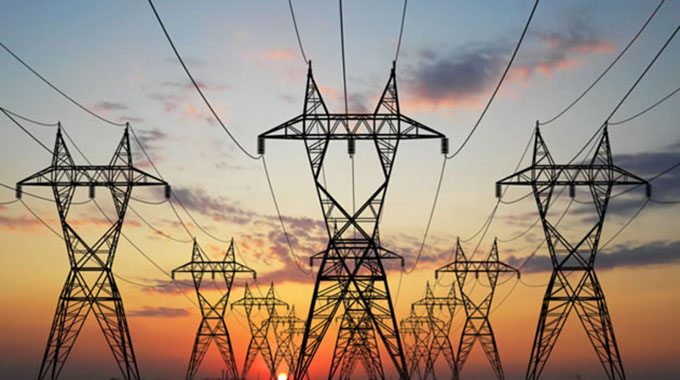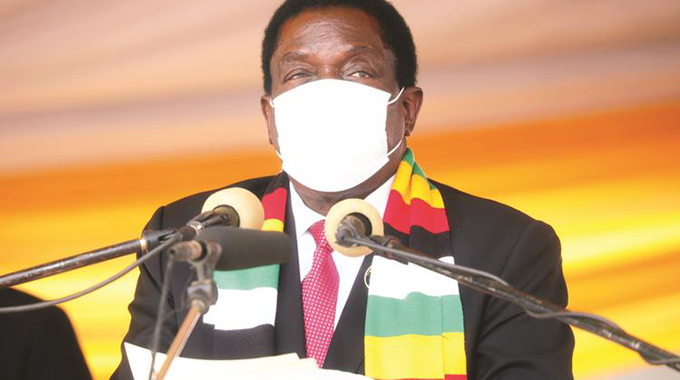Land developers to bear cost of electricity infrastructure

Prosper Ndlovu Bulawayo Bureau
THE GOVERNMENT is considering implementing a model in which land developers factor in the cost of electricity infrastructure when selling new stands to home seekers so as to speed up power connection to new suburbs.
The proposal comes on the back of widespread concerns over delays in connecting power to new houses in major cities, which forces residents to resort to firewood, charcoal and gas as main alternatives for cooking.
The power utility, ZESA, has pleaded incapacitation in terms of connecting new suburbs to electricity citing budgetary constraints amid inflationary pressures.
In cases where residents have contributed to power installation, it is not everyone who could afford as the costs are mainly quoted in foreign currency at a time when many are earning the local dollar.
In Bulawayo for instance, new suburbs such as Mbundane, parts of Emganwini, Emthunzini, Pelandaba West and parts of Pumula South, Emhlangeni, Reigate, Luveve and Cowdray Park, rely on firewood and charcoal for cooking and solar for lighting as they are not connected to electricity.
Energy and Power Development Minister, Soda Zhemu, said the challenge tops among his ministry’s concerns, as he acknowledged that the power utility has a huge backlog of unconnected properties, mainly in new suburbs.
“This is not just affecting Bulawayo alone, but quite a number of cities in the country. There is no access to electricity in many suburbs, especially the new ones. The challenge is on our budgetary deficits to afford installation of electricity infrastructure,” said Minister Zhemu in an interview.
“We’re, however, thinking of coming with a plan to facilitate connection of new stands. The approach is to say we need to have the cost of electricity infrastructure borne by the land developer. The component of electricity connection infrastructure must be factored there.”
The minister explained that at the moment the power utility has no capacity to connect all new stands to power because of the constrained fiscal space. He, however, stated that focus on new connections remains in place as resource availability improves, adding that the new proposal will require policy support.
“This is what we are thinking now and this requires policy provision. If we do it that way, the new model would enable us to connect households faster so that we do not lag behind. ZESA and land developers can iron out that but what’s important is to look at the model and how to work it out,” said Zhemu.
The power utility is understood to have asked for a Government bailout to help it through the liquidity crisis amid reports that outstanding payments to coal producers have soared to nearly $1 billion, which may lead to disruption of power generation as a result of low coal supplies.
There are also growing fears that South Africa’s power utility Eskom may also stop supplies to Zimbabwe over a US$90 million debt.
The country imports a considerable amount of power from South Africa to augment local supplies, which have of late been affected by breakdowns at Hwange Thermal Power Station.











Comments